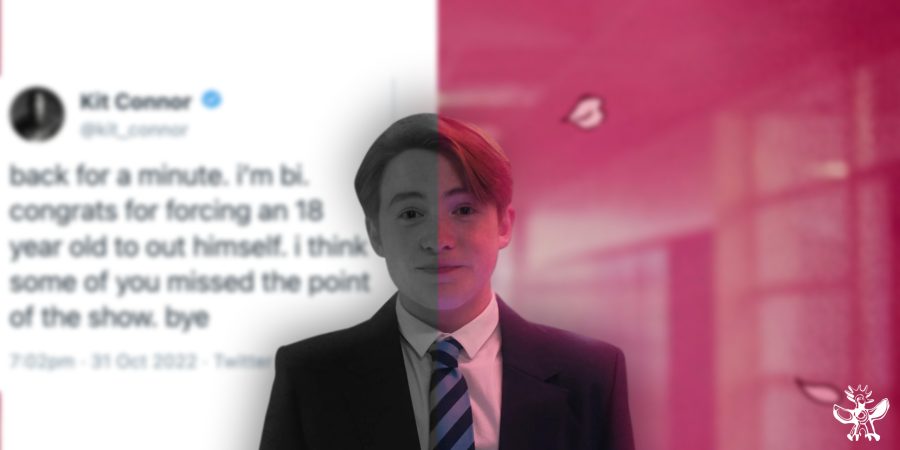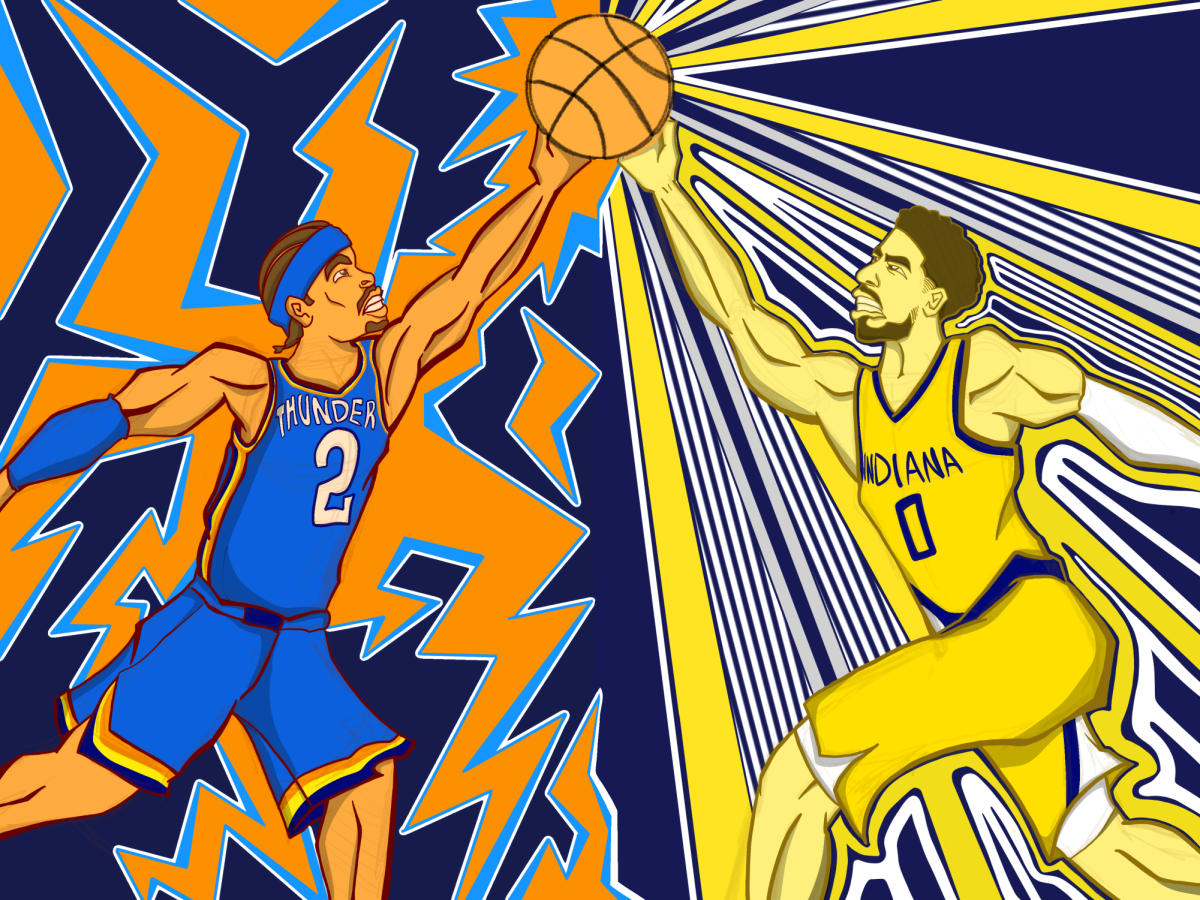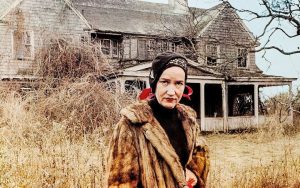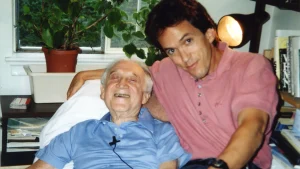On the Topic of Queerbaiting…
Nov 27, 2022
As fans, it isn’t right to demand to know how a celebrity identifies.
About a month ago, Kit Connor returned to Twitter after a self-imposed hiatus. His message was simple: “back for a minute. i’m bi. congrats for forcing an [18-year-old] to out himself. i think some of you missed the point of the show. bye [sic]”
Kit Connor was catapulted into popularity with the success of his show “Heartstopper”, where he plays a teenage boy who falls for his best friend and discovers he is bisexual. Connor delivered an emotional performance through the 10-episode season and connected with audiences as his character made sense of his sexuality. Because of this, some fans believed that he himself was a part of the LGBTQ community. They relentlessly pestered Connor about his sexual orientation and identity and pressured him to come out. He responded that he never felt the need to label himself, especially publicly. However, after he was pictured holding hands with a female co-star, he was hassled for a different reason: queerbaiting.
Queerbaiting is a marketing practice. It’s the act of implying or teasing an LGBTQ relationship or attraction for the sake of gaining appeal without following through. It is often used in TV shows to attract a queer audience, like in “Riverdale” when the two female main characters kissed as an attention grabber and the event was never addressed later on in the series. It’s because of situations like those in “Riverdale”, why I think it’s important to clarify the definition of this phrase as it is often misused.
This type of event is becoming ridiculously commonplace, where celebrities are accused of queerbaiting and feel pressured to come out. It’s happened with singers like Harry Styles and other famous personalities. But it is especially commonplace with actors in queer shows. Fans badgered Michael Cimino of “Love, Victor” and Edvin Ryding of “Young Royals” into an answer about their sexuality as well. Cimino had to make a statement about identifying as straight. Ryding, similar to Connor, had not yet made a comment on his sexuality, but discusses the importance of his character being unlabeled.
Fans of celebrities or shows will often pressure these bigger stars into giving us information that we aren’t entitled to. Sexuality is a personal, intimate, and private matter. Obviously, it can be wonderful to find pride in one’s sexuality or the LGBTQ community itself, but it isn’t necessary. Actors do not owe us any information about how they identify, especially when we live in a world that can be unkind to those who are queer. Additionally, sexuality is incredibly fluid. It can change as people evolve and it’s something people discover as they live. Playing a queer character could be the catalyst for an actor to discover that they are queer themselves. There are so many ways to be a part of the queer community. Some might discover that part of themselves later in life. Some might never find a label that feels comfortable to them. Whatever journey one goes on, it shouldn’t have to be broadcast to the world.
There is something special about the authenticity of having queer actors play queer characters. This can be seen in shows like “Heartstopper”, where many of the actors are a part of the LGBTQ community, but there are also a lot of risks that come with playing these roles. First (and the most obvious), there are people who find baseless reasons to disparage the queer community. Additionally, playing a queer character seems to open the doors for any and all speculation from the fanbase. It isn’t easy to contend with the constant questions about sexuality, coming from interviewers and fans. This is part of the reason why I think that only queer actors playing queer characters can be tricky. This logic allows only actors who are out to the public or comfortable being out to the public to play these characters. Otherwise, as we’ve seen, fans will demand any kind of information and when they don’t get it, they start blaming these actors. However, representation is important, specifically respectful representation. I used to be a firm believer that queer characters should be played by queer actors. These kinds of events have definitely shifted my perspective. I would argue that having queer writers and directors involved in the process matters more. They can ensure that the type of authenticity that resonates with these audiences is depicted. Writers can portray thoughtful and meaningful scenes for these characters. Directors can craft a narrative that echoes with audiences through their own experiences. As long as actors who play queer characters handle the role with grace and introspection, I think it can be okay if they don’t identify as queer.
I feel so strongly for Kit Connor and other celebrities who have to deal with this nonsense. For Connor, his castmates and other fans were supportive, offering him well wishes and frowning upon the circumstances of his coming out. I think especially working on a show that means so much to so many people like “Heartstopper”, this can be difficult. We need to learn from this event. Celebrities are people too. They deserve to live their lives without constant speculation and judgment.
Image courtesy of Helix Creative Solutions
















basketrandom 66 • Dec 21, 2022 at 12:10 am
When you use a genuine service, you will be able to provide instructions, share materials and choose the formatting style.